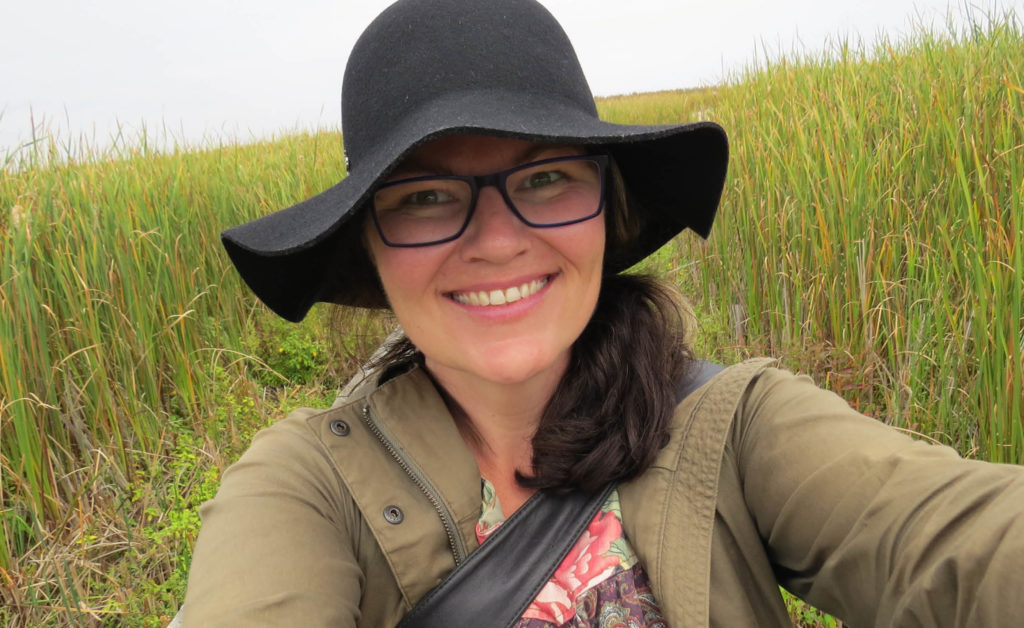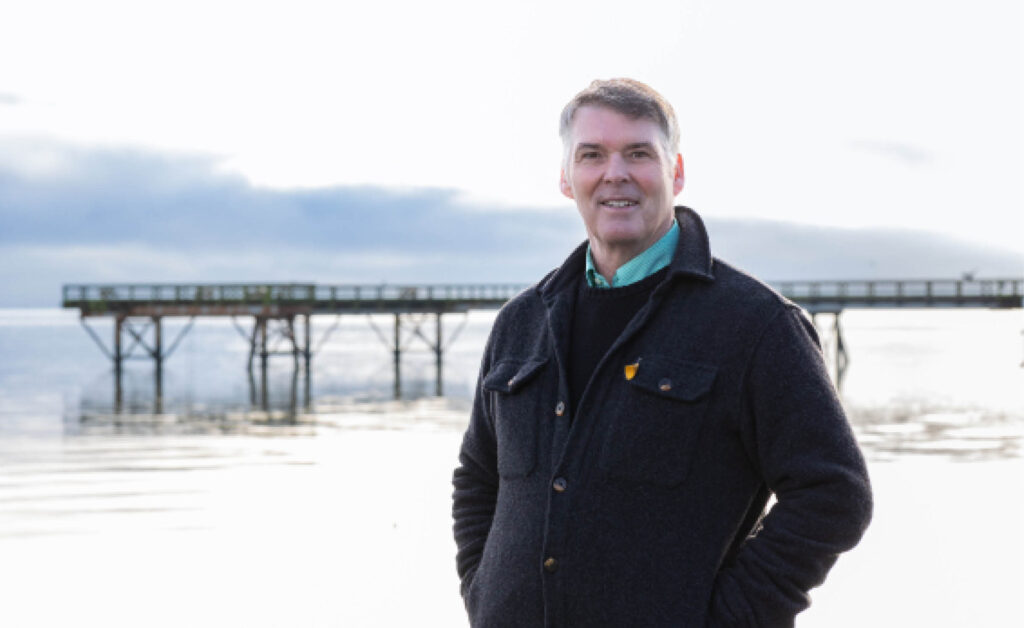by Tina Kelly –
Nestled beside a bus shelter at Bowerbank Road and Resthaven Drive, in Sidney, is a can. The kind of can my grandmother’s coffee came in. This particular can is full of sand, having been transformed into an ashtray to collect the cigarette butts of bus riders, preventing them from washing into the nearby sea with the next bout of rain.* Upon spotting the can I felt two emotions. The first was curiosity: who was this anonymous can provider? And the second: a mix of joy and gratitude. The makeshift ashtray stood as a perfect example of a small action making a difference.
Unlike previous columns on water conservation, food storage and secondhand shopping, no overarching theme connects the following actions to one another. Instead I call this list “the miscellany:” miscellaneous simple gestures or modifications to habits, all requiring only a smidgen of time.
Lose the loop. The poster child for this slogan is plastic six-pack holders, but face masks could soon take their place. When products with any form of loop make their way into the environment, wildlife is at risk of entanglement. Even tightly secured garbage bags can break in transit or upon arrival at the landfill. Snipping any loop, whether made of plastic, elastic, fabric or any other material, before disposal is a good habit to start forming.
Bar soap. For many, liquid hand soap has replaced the bar. It’s easy; it’s convenient. Yet, old school bar soap – bought package free or in paper packaging – is a good start to reducing plastic in the home. When concerns are raised over sharing a bar of soap, I’m reminded of a Friends episode where Joey uses Chandler’s toothbrush. Chandler confronts Joey and Joey’s defense plays out something like this: “why can’t we use the same toothbrush but we can use the same bar of soap?” Chandler replies: “Because soap is soap! It’s self-cleaning!” This still makes me laugh.
At some point a bar of soap becomes too small and awkward for handwashing. These bits work well for handwashing reusable face masks.
Wear clothes more than once. Those experienced at travel and travelling light probably excel at the sniff test. Clothes are worn again and again until the nose knows to stop. At home, access to all of your clothes and a washing machine could easily result in one wear before straight to the laundry hamper, but less washing equals less wear and tear; longer lasting clothes, in theory, results in less clothes shopping.
Check the car. Anyone who looks down at the pavement after a rainfall will notice the rainbow shimmer of motor oil. Leak prevention can come with regular car maintenance, but doing your own checks for leaks is possible. If you regularly park in the same location, look for oil (or other fluid) on the ground. Sliding a piece of cardboard underneath your car and leaving it overnight is another way to test for drips.
Any or all of these actions can make a difference. The person who placed the can beside the bus stop makes a difference. Thank you whoever you are.
*It’s important to understand even butts and other trash dropped far from the shoreline can make their way to the sea through storm drains.




